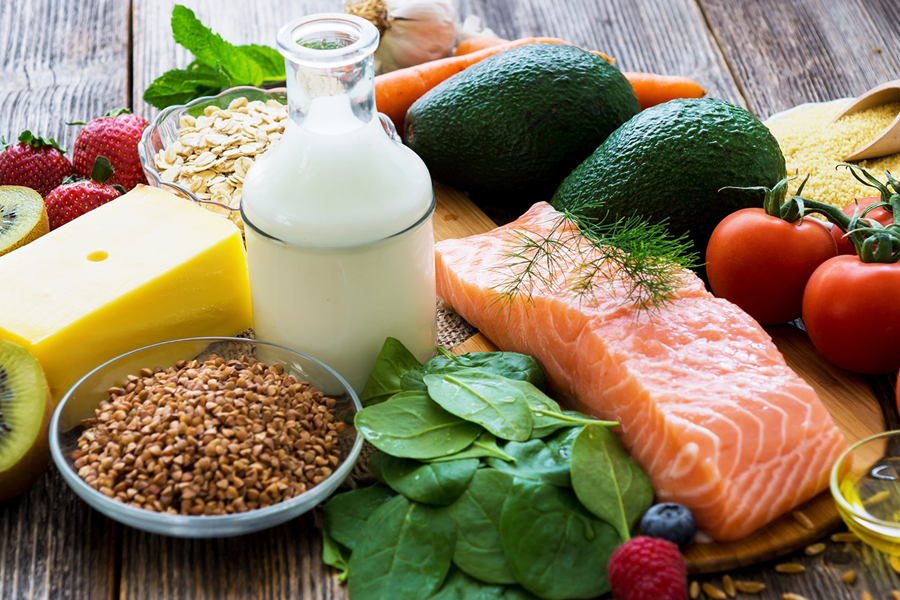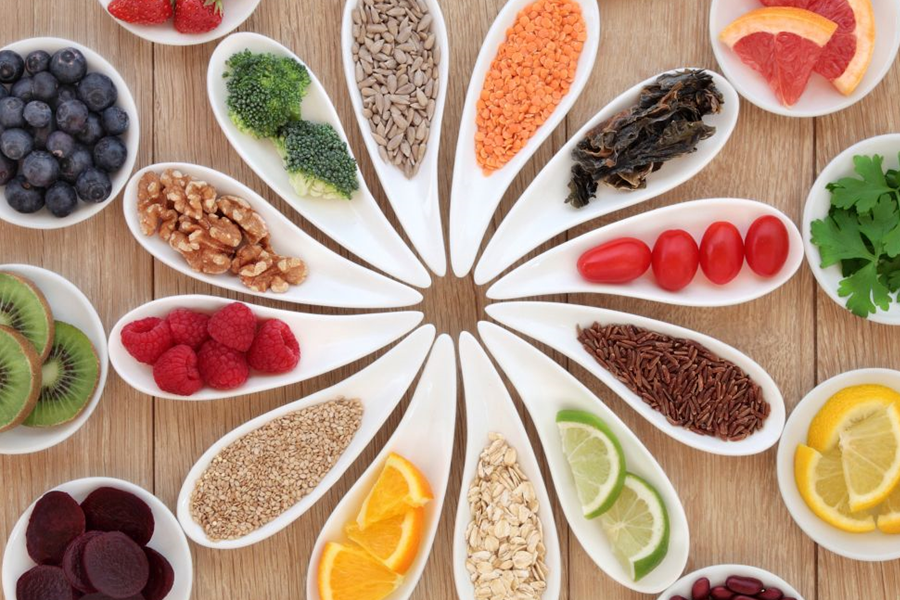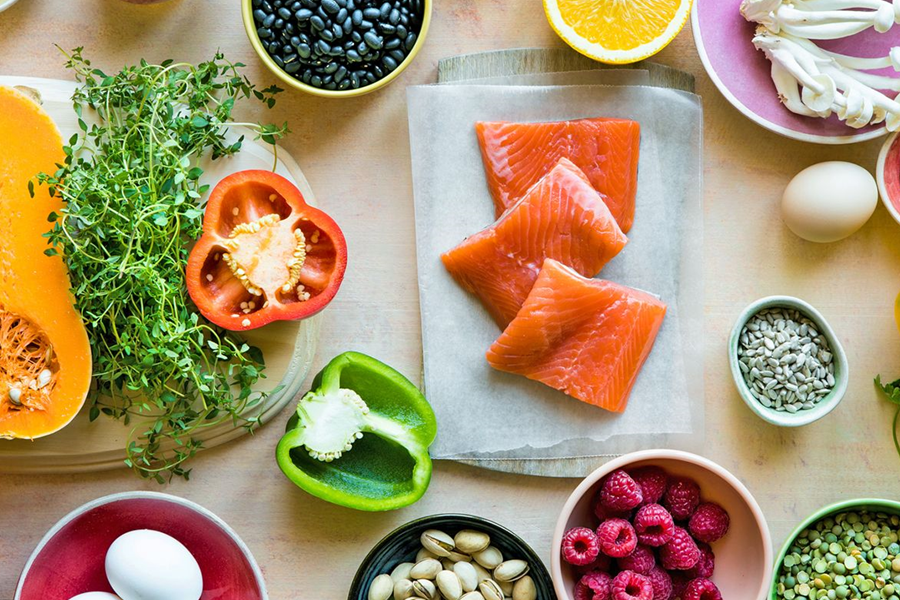
Are you looking for a way to improve your relationship with food? Look no further than mindful eating. This practice is about paying attention to how and why you are eating, rather than just what you are eating. It is an awareness-based approach that can help cultivate healthier habits, foster better nutrition, and provide emotional well-being.
Mindful eating involves being aware of the physical sensations associated with hunger and fullness, as well as paying attention to the taste, texture, smell, sight, and sound of food while consuming it. When people become more mindful of their meals they begin to appreciate them more fully. This not only helps make meals more pleasurable but also encourages individuals to be conscious of portion sizes in order to maintain healthy weight levels while still enjoying their food.
In addition to helping one be aware of portion sizes, mindful eating also helps one develop a greater appreciation for the nutritional value of foods they eat. Engaging all senses during mealtime allows individuals time take time to appreciate every aspect of their meal versus quickly scarfing down something without truly tasting or enjoying it in any capacity. Becoming aware of what is going into our bodies can help us become more conscious about making healthy choices versus unhealthy ones when it comes to dieting habits and lifestyle changes overall.

Finally, another benefit of practicing mindful eating is that it can help reduce stress levels by creating a sense of calmness around mealtimes which may lead people away from feeling guilt or shame-related behaviors towards themselves or their food choices when they make decisions based on what they truly enjoy rather than feeling obligated towards certain options due out societal pressures or dietary trends currently popularized within society at large today.
Mindful eating offers numerous benefits including improved nutrition knowledge; increased pleasure derived from meals; enhanced awareness about portion control; reduced stress levels related to guilt or shame associated with certain foods; as well as better overall health outcomes due to its emphasis on becoming attuned with one’s body’s needs regarding energy intake versus output required for daily activities performed throughout the day/week/month etc. Simply put – mindfulness around meal times can be extremely beneficial when incorporated into an individual’s routine consistently over time!








